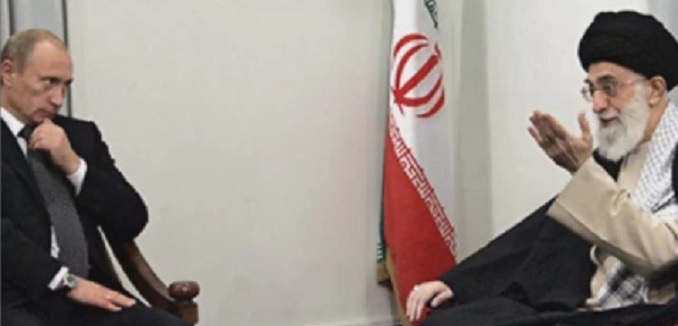Empirical evidence is emerging on what had long been a central theoretical disagreement in the debate over the Joint Plan of Action (JPA), with multiple data points suggesting that the Obama administration has been over-optimistic in assuming that sanctions against Iran would largely hold in the aftermath of the JPA’s limited sanctions relief. Analysts had immediately raised concerns that the limited relief provided by the agreement would trigger a feeding frenzy, as countries and companies scrambled to avoid being left behind in the rush back into Iran. The scenario was dismissed as “fanciful” by analysts with links to the White House, and administration officials repeatedly emphasized that no one should treat Iran as open for business. Nonetheless several countries, including Russia and China, are indeed scrambling to secure access to Iran’s energy resources. Reuters Friday revealed that Tehran and Moscow are close to inking an oil-for-goods deal “that would enable Iran to lift oil exports substantially, undermining Western sanctions.”
“It depends on whether the Russians agree to implement this deal before there is a final resolution of the nuclear issues. That would obviously be a very negative signal,” said Gary Samore, former nuclear non-proliferation czar for President Barack Obama and now an academic and president of pro-sanctions group United Against Nuclear Iran. “It could very well be they just want to have this ready to go the day after a nuclear deal is completed and they would then be prepared to execute a barter arrangement.”
U.S. Representative Eliot Engel, the top Democrat on the House Foreign Affairs Committee, said he was deeply troubled by the report of the Iran-Russia talks. “This reckless and irresponsible move raises serious questions about Russia’s commitment to ending Iran’s pursuit of nuclear weapons,” Engel said in a release.
The news comes after similar stories that had the UAE rushing to launch new energy co-development projects with Iran and had China pursuing a deal that would boost its imports from the Islamic republic “to levels not seen since tough Western sanctions were imposed in 2012. Meanwhile a recent analysis by Mark Dubowitz, the executive director of the Foundation for Defense of Democracies, demonstrated that “even before the Geneva interim agreement comes into effect, Iran’s economy is now on a more positive trajectory” than in 2012 or 2013.
It’s also worth noting that according to some estimates, even without any further relief, Iran will save $4.5-$5 billion in oil revenues over the next six months as a result of the suspension of mandated reductions in oil purchases under the JPA . On top of that, key sectors of the Iranian economy such as auto and petrochemicals are already showing signs of increased economic activity, from a very low base, which will only accelerate as the JPA sanctions relief for these sectors is implemented fully.
The policy stakes are relatively straightforward: the administration claims that sanctions remain sufficiently robust for the West to successfully pressure Iran into making substantial concessions on its atomic program, while a majority of lawmakers in both chambers of Congress support new sanctions to strengthen Western negotiators’ positions. Evidence that the international sanctions regime is crumbling is in tension with the administration’s position.
[Photo: firstfridaysrevival / YouTube]




